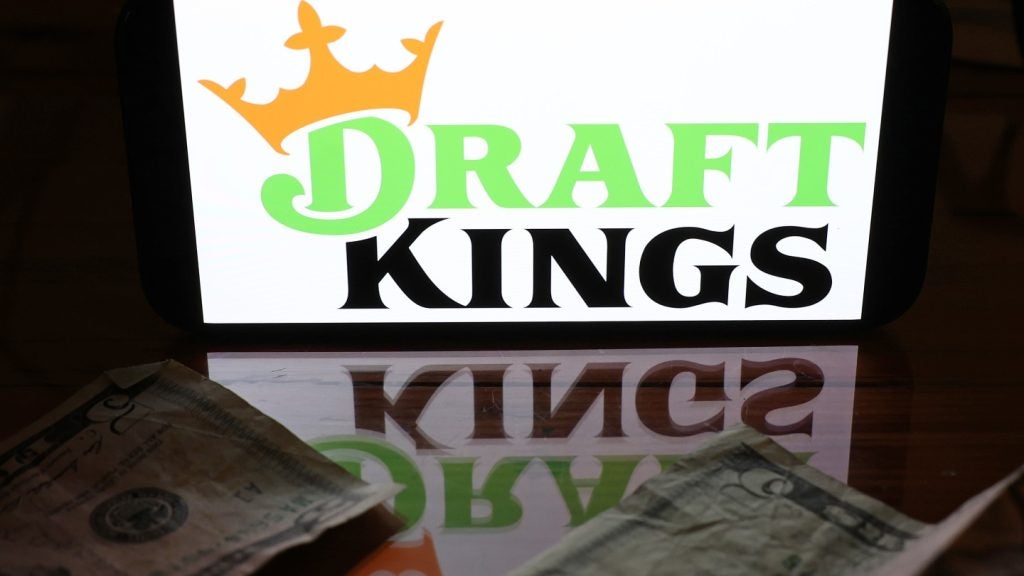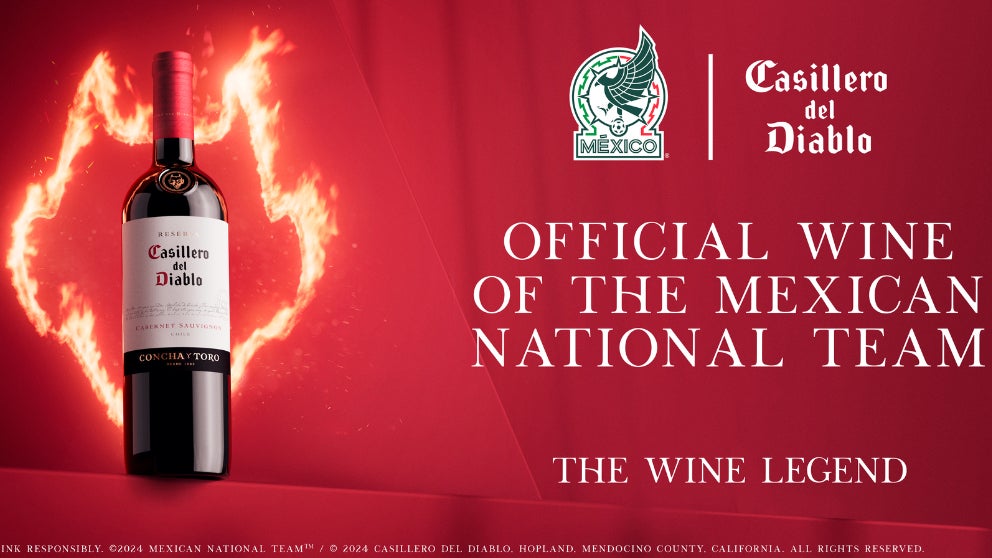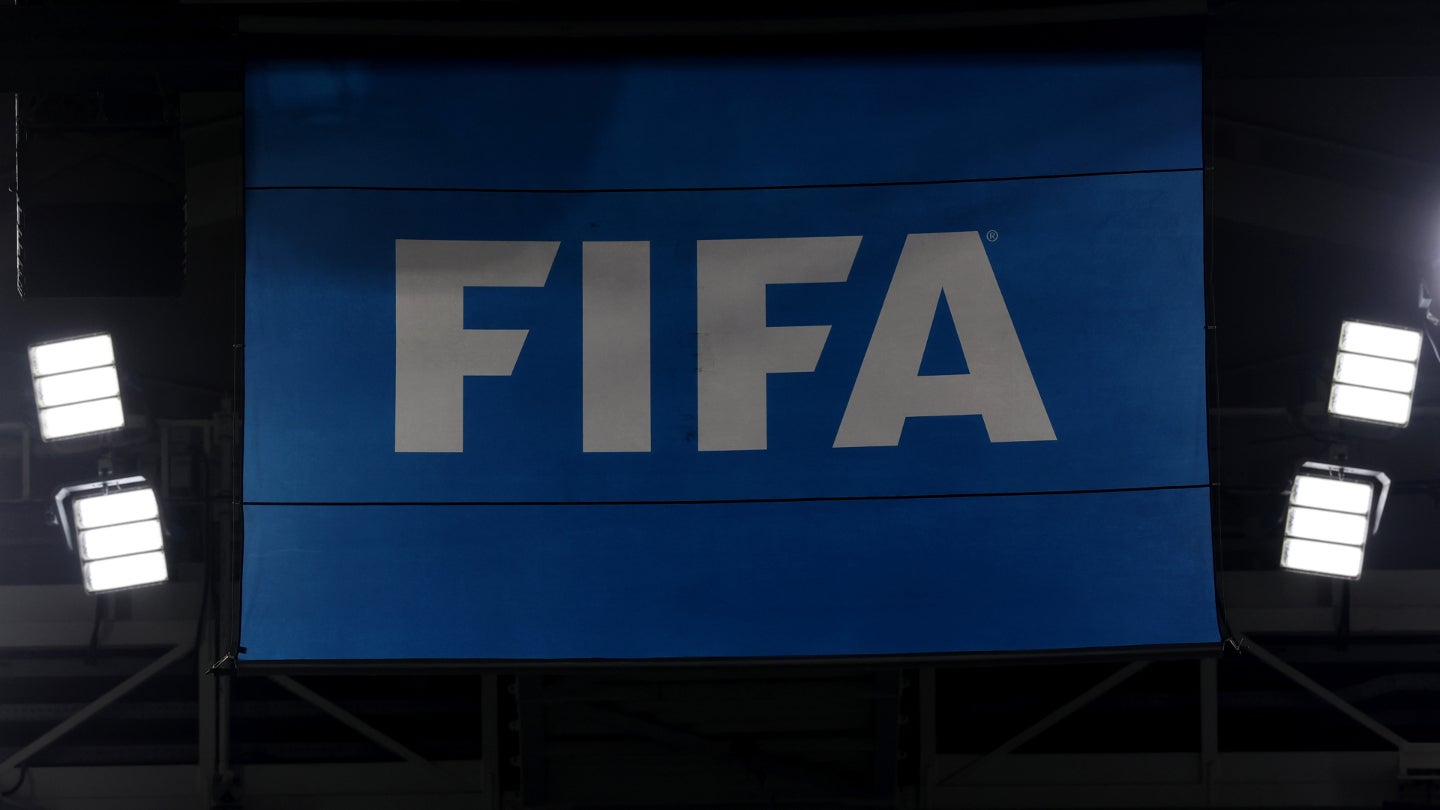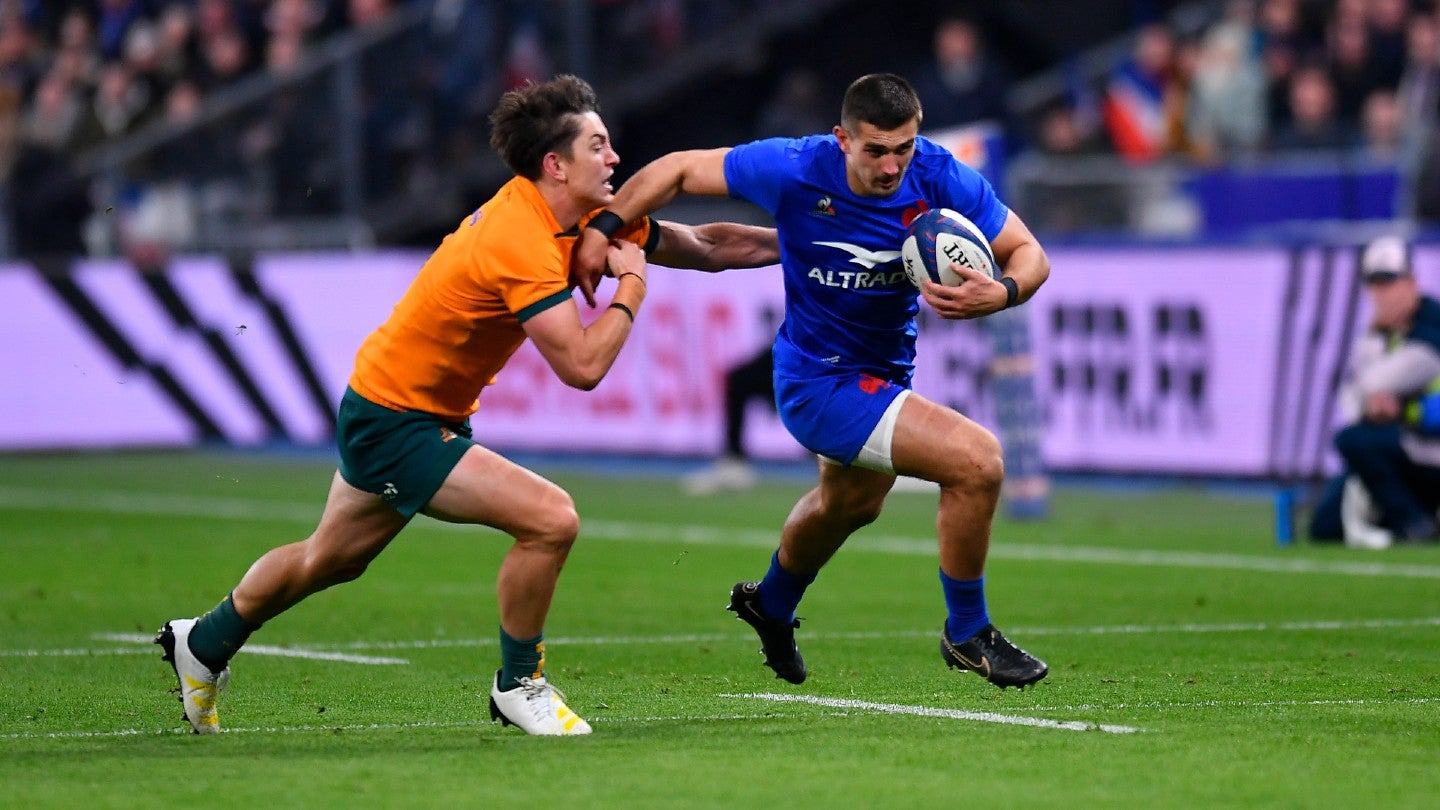UEFA, European soccer’s governing body, has extended and expanded its ban on Russian teams – both national and club sides – competing in its various competitions as that country’s invasion and occupation of Ukraine continues.
In a statement yesterday (May 2), UEFA announced that the Russian women’s national team has been banned from competing in this year’s upcoming women’s European Championships, that Russian club sides will not be able to compete in the prestigious Champions League competition (or any of the pan-continental UEFA club competitions) next season, and that the country’s nascent bid to host the men’s Euros in 2028 or 2032 has been declared ineligible.
These further sanctions are added to those already imposed by UEFA in late February when the governing body (and soccer’s global governing body FIFA decided to ban Russian national and club teams from competitions “until further notice.”
That stance has now been clarified and updated by these latest decisions from UEFA.
Portugal will replace Russia's women's team in the women’s Euros, which will take place in England in July, while that side has also been declared ineligible to compete in qualifying for the 2023 FIFA World Cup, set for Australia and New Zealand.
See Also:
Aside from this, the men’s national team has also been disqualified from the 2022-23 UEFA Nations League. They will automatically be ranked fourth and bottom of the group they were scheduled to be in, meaning relegation will follow.
How well do you really know your competitors?
Access the most comprehensive Company Profiles on the market, powered by GlobalData. Save hours of research. Gain competitive edge.

Thank you!
Your download email will arrive shortly
Not ready to buy yet? Download a free sample
We are confident about the unique quality of our Company Profiles. However, we want you to make the most beneficial decision for your business, so we offer a free sample that you can download by submitting the below form
By GlobalDataIn terms of the sanctions on Russian clubs, none of the various UEFA pan-continental competitions (either men’s or women’s) will feature Russian sides next season. This ruling covers the Champions League, the Europa League and the Europa Conference League.
The decision by UEFA also puts an end to Russia’s hopes of hosting either the 2028 or 2032 Euros.
UEFA has now announced that this proposal is ineligible in accordance with article 16.02 of its Bid Regulations, which states that “each bidder shall ensure that it does not act in a manner that could bring UEFA, any other bidder, the bidding procedure or European soccer into disrepute.”
Russia’s bid for Euro 2028 was always viewed as impossible to push forward by UEFA, with a bid by the UK (England, Scotland, Northern Ireland, and Wales) and Ireland now the strong favorite.
Turkey also issued a last-minute proposal to stage that tournament.
With the UK and Ireland facing competition, the continental governing body will not announce the host nation until September 2023. It was expected that an announcement would have been made sooner if there was a sole bidder.
UEFA reacted to Russia’s interest by stating that further sporting sanctions could be imposed on the country at both the national and club levels – in addition to the bans that had already been imposed.
On that front, Russia’s men’s national team has already been banned from participating in the 2022 FIFA World Cup in Qatar later this year.
This came after the various teams (Poland, Czech Republic, and Sweden) who could have faced Russia in a playoff qualifying round all said they refused to play such a game, effectively forcing FIFA’s hand.
In early April, the Russian Football Union (FUR) dropped an appeal against its suspension by FIFA at the Swiss-based Court of Arbitration for Sport (CAS).
The FUR made its appeal to CAS in early March in the hope it would enable the men’s team to compete at Qatar 2022 but withdrew it roughly a month later.
The main purpose of the Russian appeal to CAS was to secure a freeze of the overall FIFA ban, which will cover the World Cup in Qatar later this year.
The FUR hoped that CAS would enact such a freeze, which would – while CAS was deliberating FIFA’s initial decision and determining the legitimacy of the appeal – have allowed Russia to compete at the World Cup.
However, with CAS having rejected the option of a short-term freeze on the ban, the FUR has decided to withdraw its overall appeal.







